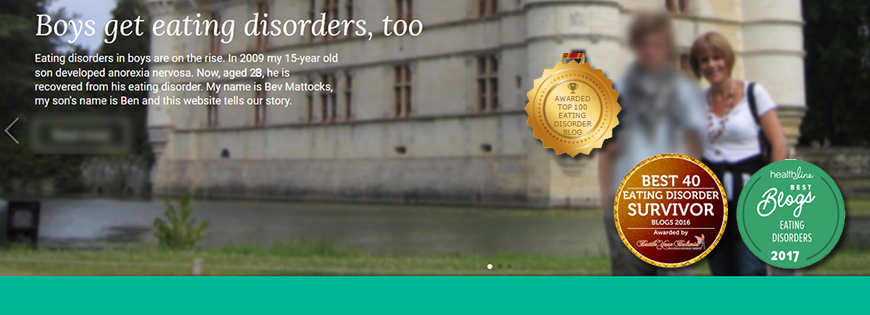A few years ago I attended a conference / workshop for parents of young people with eating disorders. Gill Todd - RMN MSc, former Clinical Nurse Leader at the Gerald Russell Eating Disorders Unit, Bethlem & Maudsley Hospitals, London - was talking about a therapeutic approach known as Motivational Interviewing (MI), used by clinicians to inspire motivation for change and which is believed to be especially helpful for people with eating disorders who may be ambivalent about change. I firmly believe that MI is a fantastic tool to have when you're a parent trying to get your child to take the next step on the road to recovery from their eating disorder. It's a great tool to use when things seem 'stuck', when you feel as if you're going round in circles or when you simply want to SCREAM at the lack of progress!
Gill and her well-known colleague, Professor Janet Treasure, OBE PhD FRCP FRCPsych, talk more about Motivational Interviewing techniques and how they can be applied in an eating disorder situation on the New Maudsley Approach website which you can find here. Click on Practical Skills to find out how you can begin to use this technique for yourself.
A good pocket resource which explains more about Motivational Interviewing and provides examples of the kinds of questions that are believed to promote positive behaviour change is How To Do Motivational Interviewing: A Guidebook by Bill Matulich. This guide is written for therapists and isn't specifically about eating disorders, more about a range of problems where Motivational Interviewing can be used to good effect (e.g. alcoholism). But all of the approaches can be adapted for use with an eating disorder.
This article by Janet Treasure also explains more about Motivational Interviewing and how it can inspire change.
The only problem with Motivational Interviewing (as I have found) is remembering all the basic techniques! But I guess that the more you use it, the more these techniques / questions become second nature. I personally discovered Motivational Interviewing too late - when my son was well on the road to recovery. I W-I-S-H I'd discovered it during those early days when I was still arguing with my son, convinced that I could 'prove' to him that his eating disordered thoughts were incorrect / irrational. Those days when I thought he'd be able to snap out of it and see sense. And also - importantly - those many, many, many days when he was completely 'stuck'.

No comments:
Post a Comment